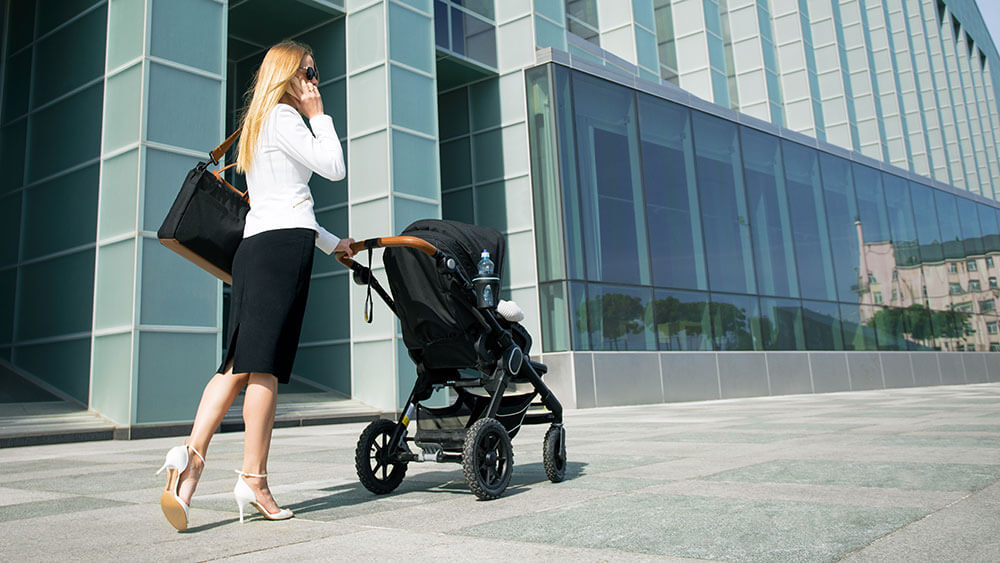
Michelle Russell
I took a few years off from working for a company full-time after I had my daughters, although not from work — I freelanced, helped a local startup, and worked at the retail business my husband and I owned for several years. When that went south and it became financially necessary to return to the corporate workforce, I went on my first job interview without my wedding band on. When asked about my hobbies and interests, I never mentioned my kids or how much I loved being a mom. I was concerned that sharing that I had two young children at home would hurt my chances of getting the job.
That was more than 20 years ago. Things have changed. And yet, research indicates that women are still penalized in the workforce for becoming mothers. A recent Quartz article points out that discrimination isn’t the main culprit for the gender pay gap across the U.S. economy. Economist Federico Anzil looked at earnings data for more than 3 million people in the 2017 American Community Survey and found that in their early careers, single men and women without children earn almost the same pay. It’s when women get married and/or have children, he found, that you find a gap.
Michelle Budig, a sociology professor at the University of Massachusetts, Amherst, thinks that has something to do with employer perceptions. She points to data indicating that men’s earnings rose at least 6 percent on average after having children (which she calls a “daddy bonus”), while women’s income fell 4 percent. “Employers read fathers as more stable and committed to their work,” Budig said in the Quartz article. “That is the opposite of how parenthood by women is interpreted by employers.”
Where does the business events industry fit in here? We rarely make it any easier on working mothers, who encounter barriers to advancing in the workplace, by accommodating child-care needs at conferences — which we promote as essential professional-development opportunities.
An article in the April issue spotlights how women are calling us out on that. Rebecca M. Calisi posted this editorial on the PNAS (Proceedings of the National Academy of Sciences of the United States of America) website: “Primary caretakers of dependent children face inequitable hurdles to fully attending and participating in conference activities because of responsibilities related to pregnancy, breastfeeding, and caretaking. It’s a serious problem because it creates a culture of inequity for parents, with mothers generally experiencing greater disadvantages than fathers because of biological, prejudicial, and often socially driven childcare demands. With solutions seemingly elusive, many women, and occasionally men, make a calculated decision to forgo conference attendance and suffer the career consequences.”
It’s good to find events that are exceptions to that — like GitHub Universe, which welcomes working parents and their kids as part of its overarching mission of inclusivity.
Michelle Russell is the Convene editor-in-chief.

